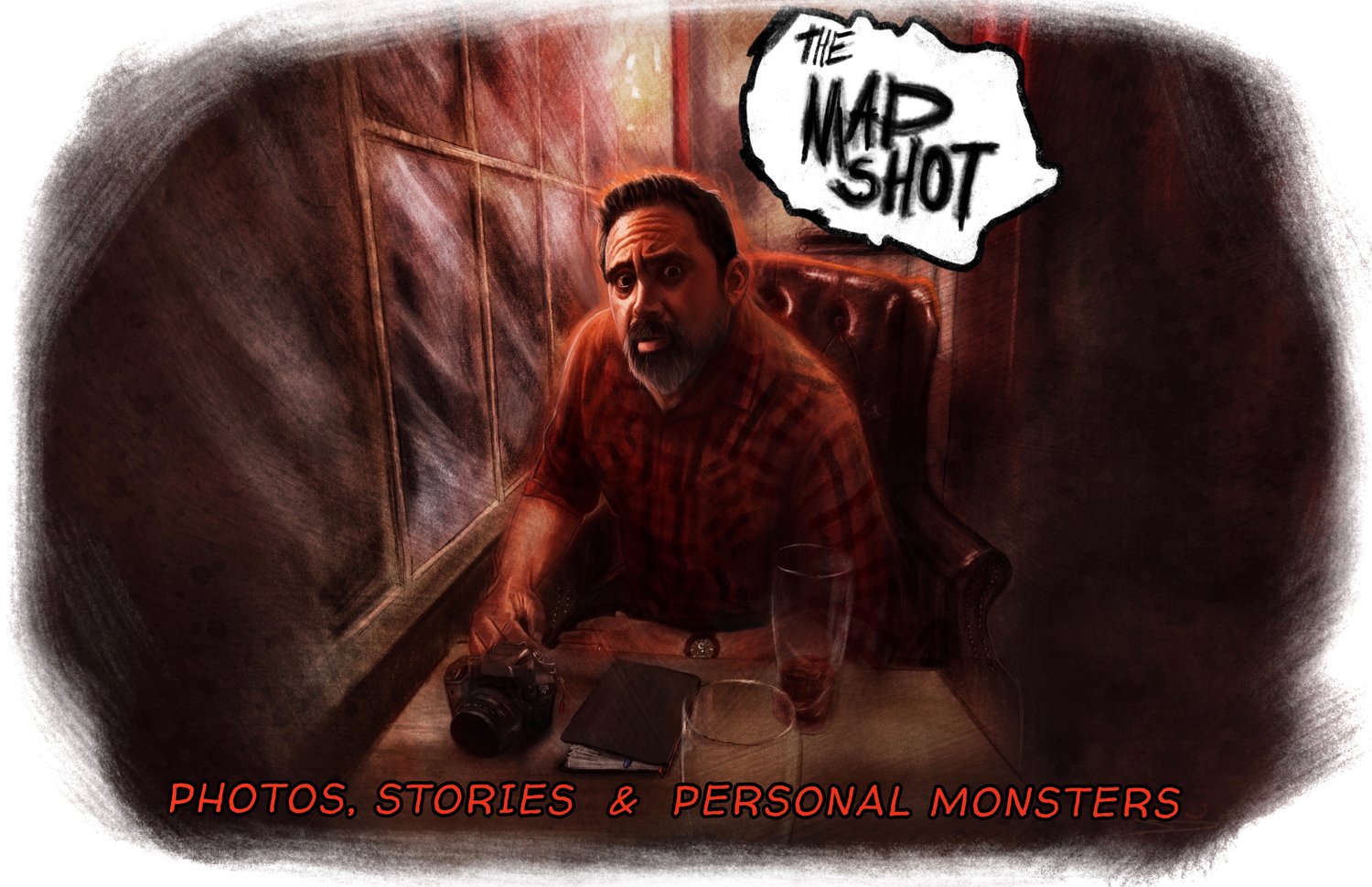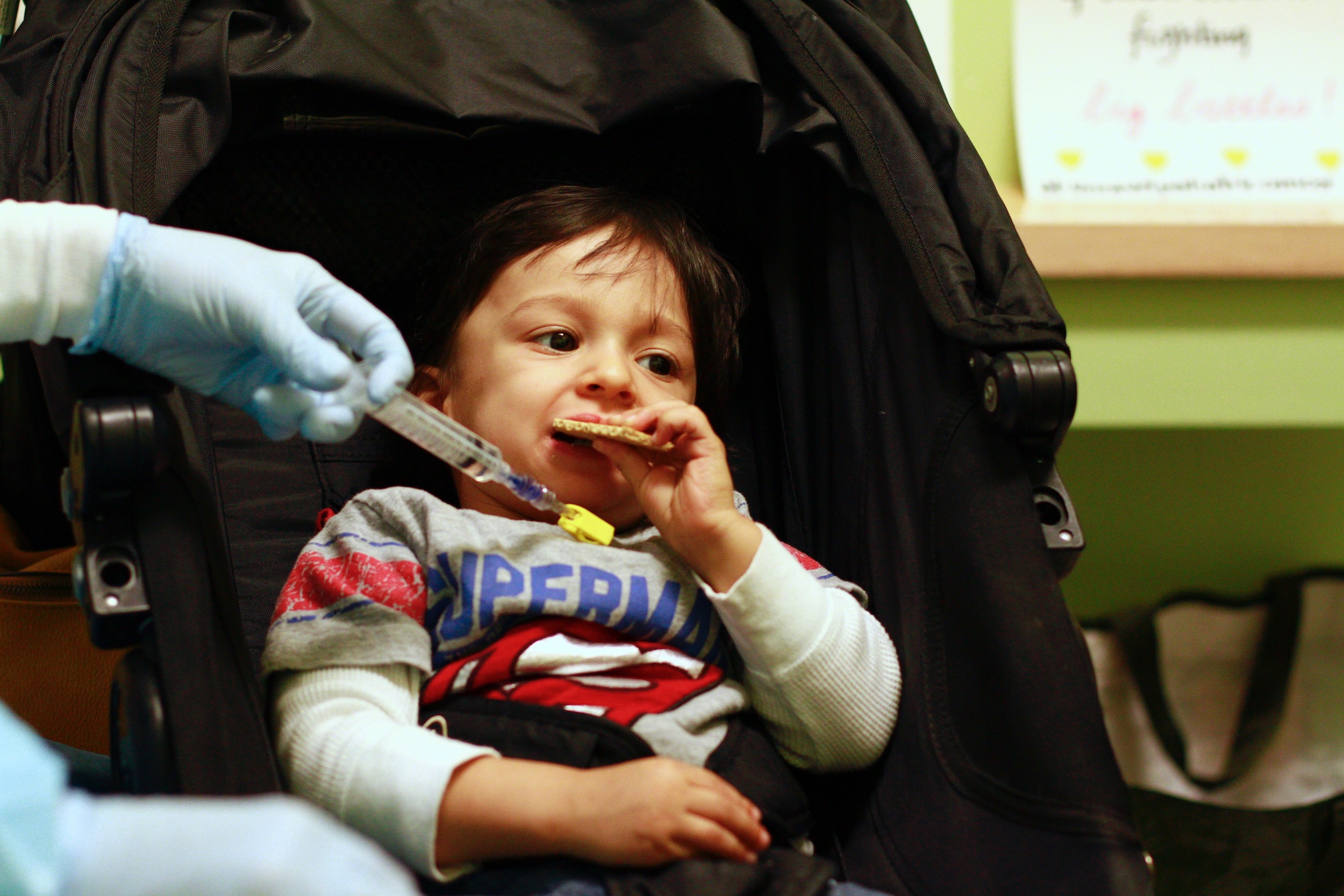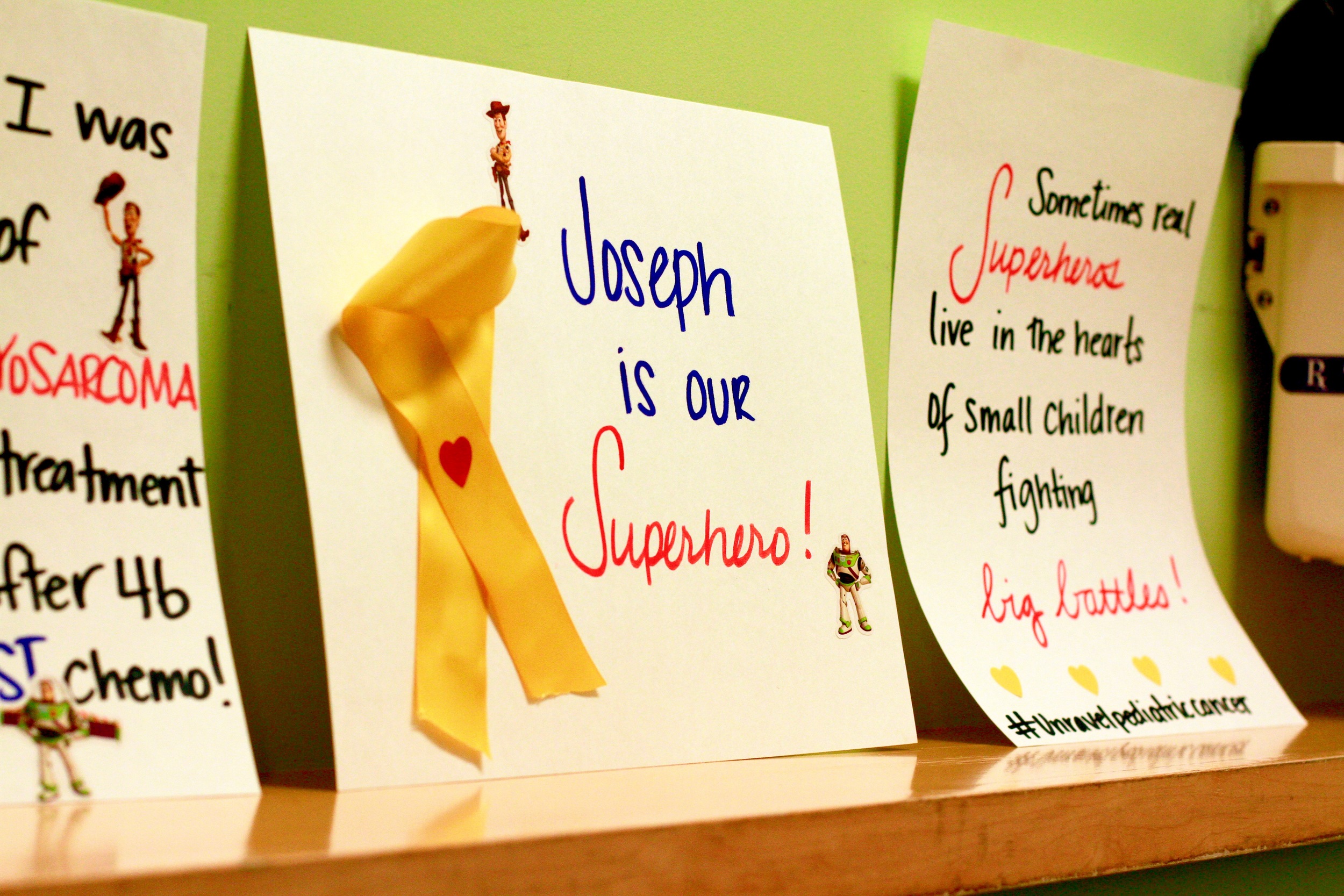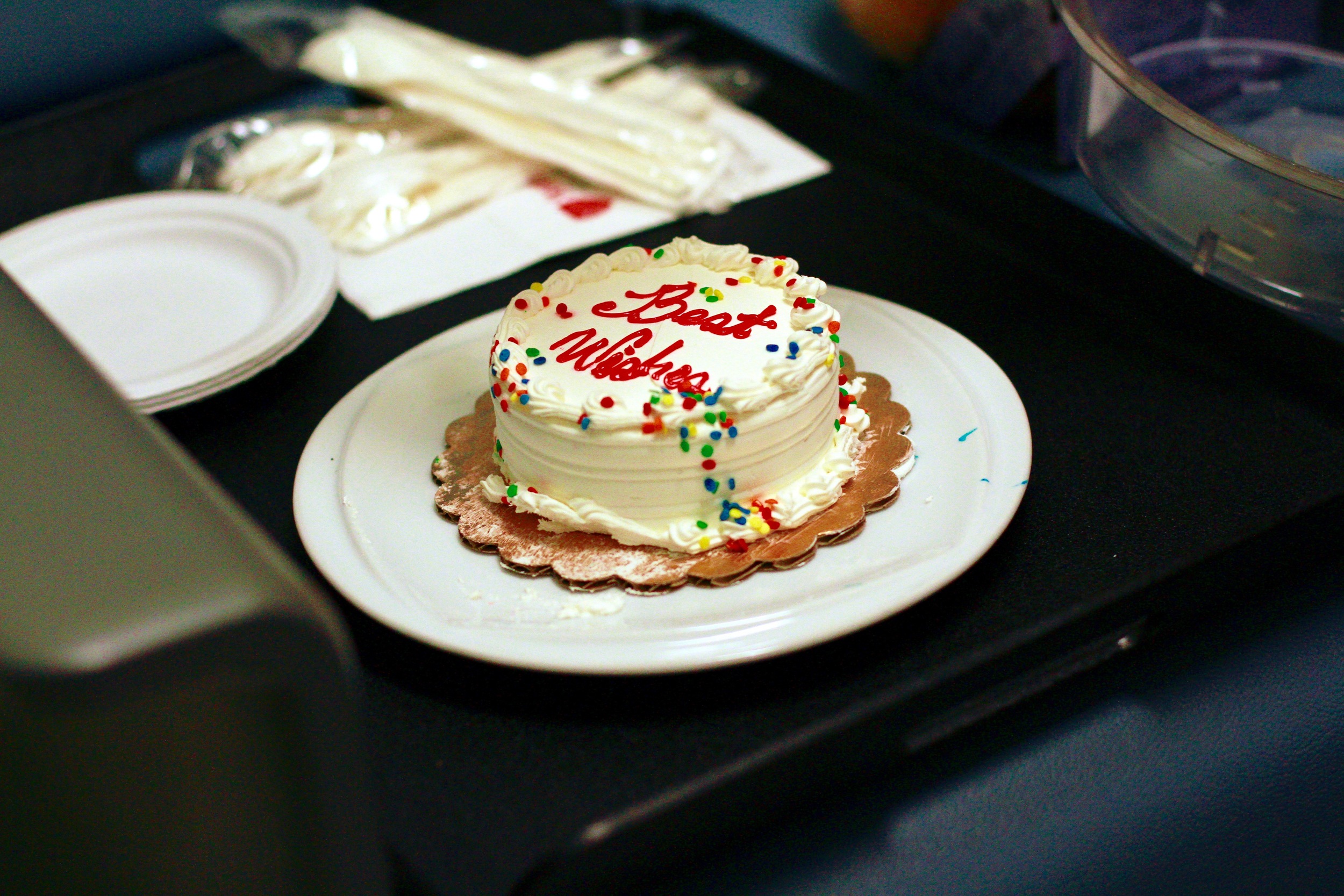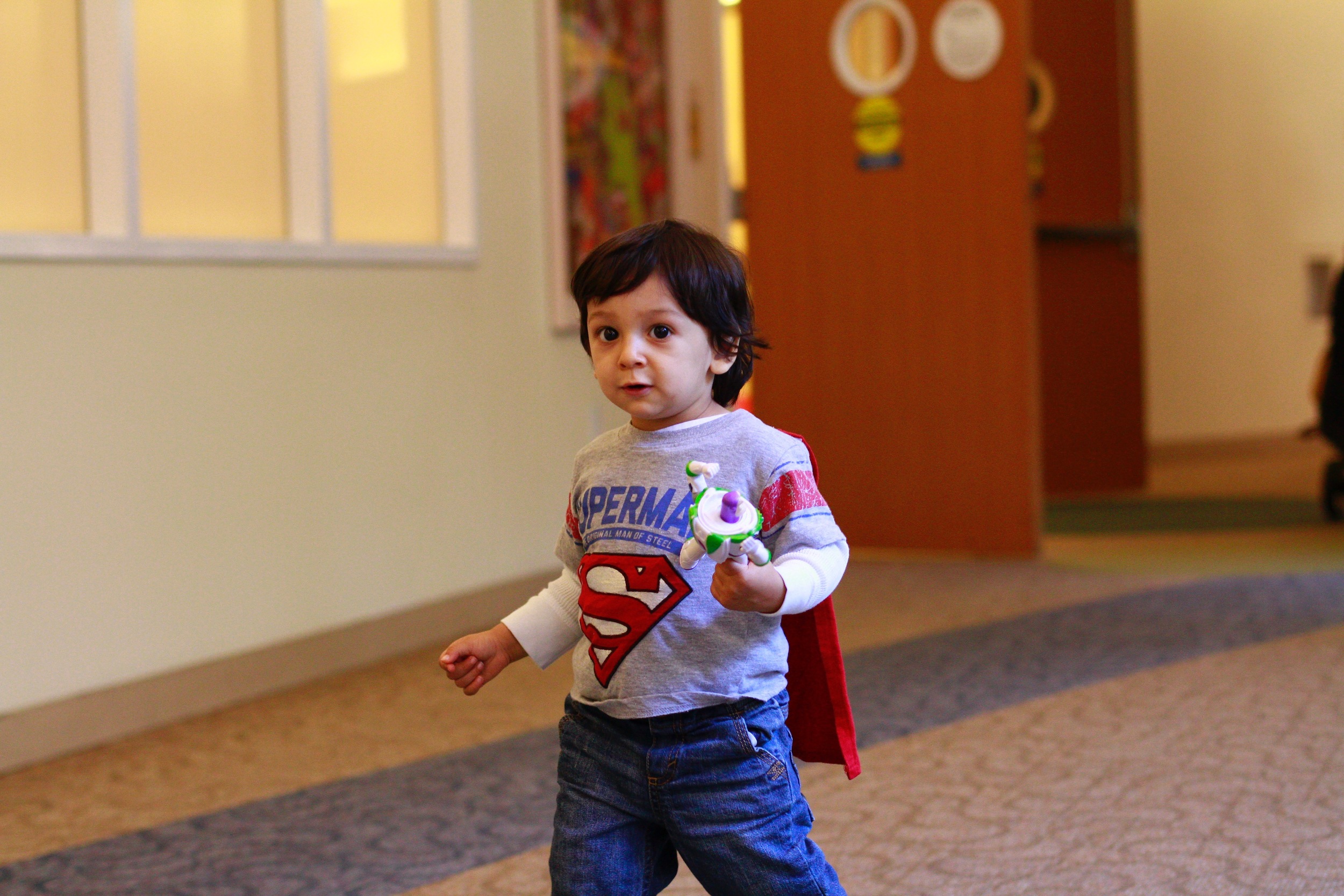I plummet down the steps, every jagged move guided by anxiety and a sharp pain in my back that slowly begins to resemble excitement. I hesitate to welcome what follows, what's waiting for me at the bottom. The ocean deceives me as it stretches across my entire field of view, its plastic fangs the result of decades of human activity that have only further contributed to the accumulated waste floating sporadically along the shore, an ever growing wart above nature's once glowing smile. As I finalize my descent, tiny grains of sand scorch the bottom of my feet, the sun's maddening embrace already hours in. I melt into the beach with every clumsy step I take. I look for comfort from my friends, two in particular who have joined me on this terrifying journey into the unknown. I am seventeen years old, and have just dropped acid for the first time.
Where I would normally be sitting among my classmates, I am perched atop a rock facing the Santa Cruz shoreline. The water looks unhurried, the waves moving almost intermittently, a stop motion effect at the hand of God, or the pretty young woman who took our money this morning. The ghosts of my English class scatter about as I walk through visions like sheets hanging to dry of what my day would've been like if I had acted more responsibly. But this is high school, and unfortunately for me, responsibilities are far from the forefront of my priorities. I ask my friends how they feel, how the world around them is behaving. I get only violent bursts of laughter and some "holy shits", a reaction I understand perfectly. Two other friends, a couple, are there merely to enjoy a day of hooky at the beach while being endlessly entertained by the three assholes undergoing the effects of a highly dangerous drug, though one that appears to be loads of fun.
As the high begins to peel my scalp further back, I notice my friend Gabe entering the ocean and dragging what looks to be a small but chubby shark. I realize later it's a boogie board. He rides the waves in, sound reduced to the hum of the sea and his girlfriend, a gorgeous young creature that my raw and perverted mind can barely register as human, cheers him on. 'What the fuck is happening?' I ask myself. My other two friends join in on the chants when I see Gabe disappear, engulfed in a blanket of foam. He rises after what feels like a decade and greets us with a newly shaped upper lip, compliments of the undertow pulling him face first into a rock. His girlfriend runs to him like a soldier returning from war and caresses his face.
I survey the platypus-like beak of my buddy and feel the anger burn through my veins. I turn to my enemy, the ocean, and prepare my revenge. It's only moments later that I find myself charging the water, punching wildly at the waves as I scream 'FUCK YOU!' at the top of my lungs. I am convinced very few people have ever looked this ridiculous. And it is only the beginning.
Research Abounds
Shortly after graduating from High School, a period known to some as the waiting room of adulthood, there were moments occasionally dipped in a substance of some kind. I'd like to say it was with nothing too heavy, but relative terms like that only exist to make you feel better about the choices you make. Broad scales for small minds, a willful imbalance of self-perception. As marijuana was of significant importance to some of the friends I hung around, and girls I wanted to see naked, steering toward it came naturally. The first time I tried it was different than some of the stories I had been told. I felt nothing. Whether it was product or user error, I walked away unsatisfied. And considering the first ever drug I experimented with was acid, marijuana had a lot to live up to.
My friends seemed to get a kick out of it so I was eager to experience it for myself. I was mocked if it looked like I was doing it wrong, my novice ranking a source of comedy for some. I inhaled, awaiting a rush that never came. Until it did. Aside from the onslaught of mass paranoia with which marijuana would eventually befall me, it did have its memorable moments. Where LSD inspired a more sensory high, a good bag of weed created a more phycological one. Whether I was sitting in the backseat of my friend Josh's Camaro spacing out to Dr. Dre's The Chronic while cruising down El Camino Real, or standing in the middle of a living room staring down the barrel of a four foot bong, it became a source of worry and discomfort for me. There was laughter, mind you. Quite a bit of it.
But down in the trenches of my brain, it was apparent that this was not going to be a love affair I would aim to keep. Whenever I smoked, I would feel completely out of my body, which I suppose is the whole point, though one a little too jagged for me. I was surprised at how perfectly functional so many of my friends appeared to be, whereas I would turn into a total fucking moron whenever I was high. The following rules were established as a result:
Never get high in the daytime.
Never get high around a lot of people, especially during large parties (Less than five is okay)
Never get high and talk to women and die before you have sex with one.
And finally, whatever you do, never get high again.
All of the above were broken with less than desirable results.
A Signal In The Grass
One memory I have was from a road trip I took years later with my friends Matt and Troy on our way to Lake Tahoe. With a storm on the forecast, we practiced our best judgment and, instead of taking a well equipped truck, decided to take my 1993 Ford Escort, a car that would often give the impression that it ran solely on AAA batteries. On the way, somewhere along Interstate 5, my buddy Matt decided to whip out some sort of weird, motorized pipe designed to enhance the strength of the user's hit. I drove while he activated it in the backseat of my car, an act, despite its close proximity, I could hear but not actually see. I watched as the mood of the weather drastically began to change, followed by the mushroom cloud of smoke that ejected from my friend's throat. After hacking himself inside out, Matt handed the pipe to my friend Troy.
The process was repeated until the pipe was finally passed to me. I weighed the possibilities. 'What harm could it do?' The answer was obvious but I raised the pipe to my lips and proceeded to take one of the fattest fucking hits of my life, all while trying to steer us safely to our destination. My lungs were set ablaze and the lining of my throat felt like shrapnel of dead tissue had been flung like a pinball inside my mouth. As that became my one and only hit, I continued to drive us along Highway 50, now entering Placerville, CA. Floating along the road, paranoia immediately began to take hold. I slowed to a crawl at a green light, and sat there as the engine purred while various cars pulled around us, spouting obscenities at the asshole behind the wheel.
"Fucking go!" Troy shouted. Startled, but barely grasping the moment, I accelerated gently and began to move the car forward, unaware of the curve in the lane up ahead. It didn't dawn on me that I had ended up in the parking lot of a liquor store and had somehow found my way to the rear of the building, stopping in what only mildly resembled a space. They both had had enough at that point and rightfully demanded that I surrender all driving duties for the rest of the evening. "Get the fuck out of the seat, Marc" was heard multiple times. I don't even know how I managed to move from one seat to another, let alone landing in the backseat of my own car. As Matt and Troy went inside the liquor store for snacks, I stayed in my seat, awaiting the dragon's breath I was convinced was destined to destroy my evening.
With a new captain at the helm, we returned to our regularly scheduled programming. A slave now to the navigational prowess of my friend, the outside world became an arena of unpredictability. Snow began to fall, appearing like tiny stars in the blackness, dots of white hurling at the windshield as if Matt had somehow activated the Ford Escort's secret hyperdrive feature. 'Dude, slow down' I demanded. Matt assured me that he was driving the speed limit and for all I knew, he was. But it felt like at any given moment, we would skid out of control at the heels of the Hill Valley Courthouse. After a few more attempts to get Matt, anyone, to acknowledge my pleas, I noticed an odd shape squirming in the distance. Had we been moving at the speed of light which I initially concluded we were, this thing would've escaped my view entirely. But it was there, peeking out of the darkness, coming dangerously into focus.
When awareness finally hit, I couldn't believe what I was looking at. In a historic union of man and beast, a man and a werewolf were walking side by side on the shoulder of Highway 50. 'What the fuck is that!?' I yelped helplessly. "You're fucking trippin, Marc!" Troy snapped in anger. I wanted nothing more than to believe him. I wanted it to be a delusion, to know that this was all happening because of a simple error in judgement. But when Matt stopped mid-sentence to review the scene more carefully, bug-eyed and curious, I receded into a ball in the back seat of my car and squealed inside my stoned and altered head 'Oh shit, they see it too!' The world was ending, but not of nuclear war, global warming, or famine, but of a creature popular in American folklore and movies. And even if it turned out to be a woman walking her Labrador Retriever, which it did, it was still terrifying.
Lessons In Freefall
As I turned 18, house parties would become a regular lab for experimentation. My friends and I tested the waters frequently, only to aggravate the waves that came. More trips down the hallucinogenic highway were taken, one that even left me questioning the meaning of life as a female companion and I stood at the top of a slide while two men we didn't know watched eerily below. Contrary to what some have experienced, I never had a "bad trip" on acid. Even when others around me seemed to be in turmoil, it created a wall that would almost pose as a shield that I could occasionally poke through, but be able to take refuge behind when needed. This was all in my head, I'm sure. But I was always surprised by how enjoyable the experience was, considering how low I felt at that particular stage in my life.
I had feared that my current state of mind would somehow cause my bullshit to metastasize and ruin my high, or worse, someone else's. But it never did. One night at a friend's house, a few of us decided to drop a hit of acid each before watching Pink Floyd's The Wall, an act permanently stored in the global archives of obvious cliches. One of my earliest childhood buddies, not one to partake in this sort of activity, was among us, and having recently gone through a bad break up, was there primarily to rid himself of the mental anguish, if just for one evening. But it became apparent to him early on that the barrier between he and the evening's drug-taking coalition was too much for him to bear. He said his goodbyes and made his way out the door. Against my better, somewhat sober judgement, I followed him.
I knew the climb would be nearing its peak, but I didn't want him to be alone. I thought, if anything, we could just bullshit in the car for a while, trip for a bit, and return at the tail end of the fun. But as we were turning the corner, under the spotlight of horrible fucking luck, we saw his ex-girlfriend crossing the street, her tiny hand sealed in the embrace of another man. Distraught, my friend sped off in a fiery rage, taking my high as hostage. We raced down the expressway, the streetlights above contorting into streaks of irradiated brilliance. His sobs were only a harsh reminder that anything at this point was a potential threat. As tough as he was, my buddy wasn't prepared for this. As he shared his thoughts with me on love and the current state of his ex-girlfriend's betrayal, swerving violently around fellow motorists, the drug's affect became impenetrable.
He offered multiple times to take me back to the house in an attempt to salvage what was left of my high. But I declined. It was one of the strangest circumstances I had ever experienced with a friend, but one I knew I was not willing to change. We sat in his car in front of his parents' house and bullshitted, laughed even. As The Smiths' Louder Than Bombs muttered from the speakers, there were tears, proclamations of suicide, and passing cars that stretched like taffy before me, alterations of light and sound that promised no understanding of reality, and no end. But it was worth it. We advanced a bridge that only hours earlier seemed destined to burn. With geography an ally, I was able to walk the five houses down the street to get to my own. Balance slowly returned. But most importantly, my friend was still here.
And The Wall Comes Down
As these experiences further solidified their influence, different avenues were explored. Powders entered the mix shortly into my early twenties, though only briefly. When I reflect on the logic used to justify some of the choices I made, it almost always revolved around a friendship, be it platonic, or other. Sometimes I did it just to fit in, to replace the piece in a group that had been temporarily vacated, or severed. Sliding a hollowed out pen or rolled up dollar bill along the crease on a sheet of foil wasn't something I did to try to be cool. These were moments shared with people that were important to me, in which things like music, relationships, parents, religion, and goals would command the topics of conversations we would have. They're not moments I'm particularly proud of, or ones I know I'll ever repeat, but they're experiences that served a purpose in my life, no matter how stupid or careless, and even helped to foster a creative impulse on which I would eventually rely.
That's not to say that I believe only drugs can offer a gateway to creativity. There have been many people throughout history who have created wonders without the crutch or assistance of drugs. But it did, at least for me, influence a different interpretation of ideas I had at the time. And it's those very ideas that inspire me to write today. It's been 7 years since I last experimented with anything other than alcohol. This took place on a camping trip to Cherry Lake, a spot in the Stanislaus National Forest that my friends and I would visit each summer. It happened as these things often do with someone getting the bright idea to bring a bag of mushrooms to the woods because why not? Curiosity drags a fingernail across your skin and you ask yourself, "would it be so bad?" I turn to my wife, and in addition to her blessing, ask that she keep our dog Lenny from turning into a dragon and swallowing me whole.
This was one of the few times I had ever tried mushrooms and with it being so long since its debut, felt the anxiety surging through me. Even though I was operating far outside my comfort zone, I was huddled under the warmth of nature with some of my closest friends. The typical swell of laughter began, spurned from anything remotely funny. Colors bled from the night sky and simple noises became a language all their own. As the night began to dwindle, a buddy and I, two of the last remaining, entered a discussion about the Star Wars prequels, more specifically the end of Revenge of the Sith when Darth Vader's suit is finally revealed. I had always hated that goddamn scene, and felt, due to the current alteration of reality, that there was no time like the present to offer my own thoughts on what should've been.
As any of you who have seen Revenge of the Sith are aware, Obi-Wan defeats Anakin Skywalker during their duel on Mustafar, critically injuring him and pretty much leaving his former padawan to die. Skywalker is eventually found by his master, Darth Sidious (Emperor Palpatine) and taken away. In an attempt to harness the power of the recently appointed Darth Vader, a suit is designed to keep the young apprentice functioning. Tragically, that's where the interesting part ends. Darth Vader, still charred and horribly dismembered, is basically rebuilt and stuffed like a sausage into his suit, a moment we've been anticipating the entire movie but are not asked in any way to give a shit about. This lazy reveal infuriated me in the theater. It seemed rushed and unrewarding. I felt the character deserved better, deserved this:
In The Empire Strikes Back, after Luke escapes the wampa attack, he falls victim to an impending snow storm. Maimed and disoriented, he lay there as his friend Han Solo finds him, and very cleverly saves his life, albeit at the loss of a poor tauntaun. Back at the Rebel Base, Luke is submerged in some sort of cylindrical tank filled with bacta, a liquid used to accelerate the healing process (I had to look it up). In ROTS, rather than immediately jumping into Anakin’s new suit, I imagined him watching curiously from the confines of a similar tank as the suit itself is prepared. Through the glass, he watches the construction of his new limbs, the mechanical details in which he will be kept alive, witnessing the final stages of his transformation to the dark side. This is what I would have wanted to see, and it was a vision that came to me during a mushroom-induced episode in the woods.
As the spate of memories surfaced during the writing of this blog, I started to think about the day these stories will be shared with my sons. My wife and I know they are going to tread their own paths at times, making some decisions without the benefit of parental support. I did these things because I was curious of the result, of the effect. I don't pretend to be an authority on the subject. I've never suffered an addiction to drugs, regardless of addictive tendencies I may have experienced with certain things in my life. But it's never been to the point where I felt a problem was near, nor to my recollection, has anyone close to me.
I am aware that drug addiction is a powerful and life-damaging issue with which many people in the world struggle, and I would hate to think that this in any way belittles the pain so many families have befallen. As with my others, this blog is mainly designed as a way for me to share personal stories, a sort of tearing at old wounds for the sake of creativity. There is no condoning of the above shared. There is only what is shared, and what will continue to be.
